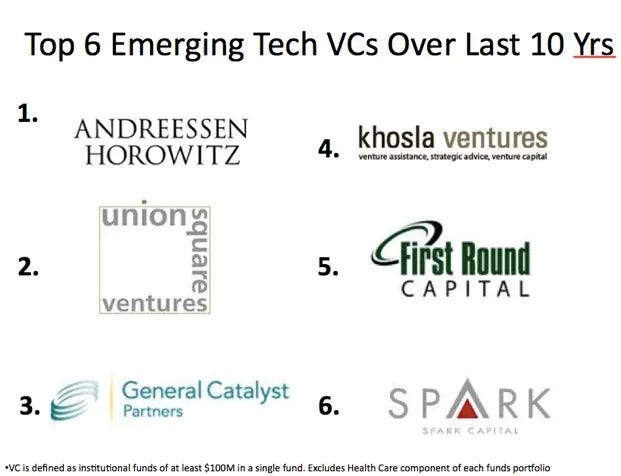Medium
1M
332

Image Credit: Medium
11 Essential VC FAQs Before You Start Your Startup
- A VC firm, also known as a venture capital firm, manages money from external investors and invests in early-stage or high-growth startups in exchange for equity.
- Venture capital firms make money through management fees and carried interest, with typical fees around 2% per year and a 20% share of profits after returning the original capital to investors.
- Limited partners (LPs) are crucial investors in VC firms and often include university endowments, pension funds, sovereign wealth funds, family offices, and high-net-worth individuals.
- Reasons for LPs to invest in VC funds include high return potential, portfolio diversification, and tolerance for illiquidity due to the long-term nature of venture fund investments.
- A venture fund is a pool of money raised and managed by a VC firm for making equity investments in startups over a defined period of typically 10 years.
- The venture fund cycle involves fundraising, investment period, and harvesting/exit period, with VCs often raising new funds every 2–4 years.
- VC firms may operate using a management fee-driven or carry-driven strategy, with differences in investment focus and fund management approach.
- The burgeoning VC market has seen a significant increase in the number of firms, impacting ownership percentages in companies and the dynamics of investments.
- A venture-backable company is one that can scale rapidly, target a significant market, and has the potential to generate substantial revenue or valuation to interest VC firms.
Read Full Article
20 Likes
For uninterrupted reading, download the app